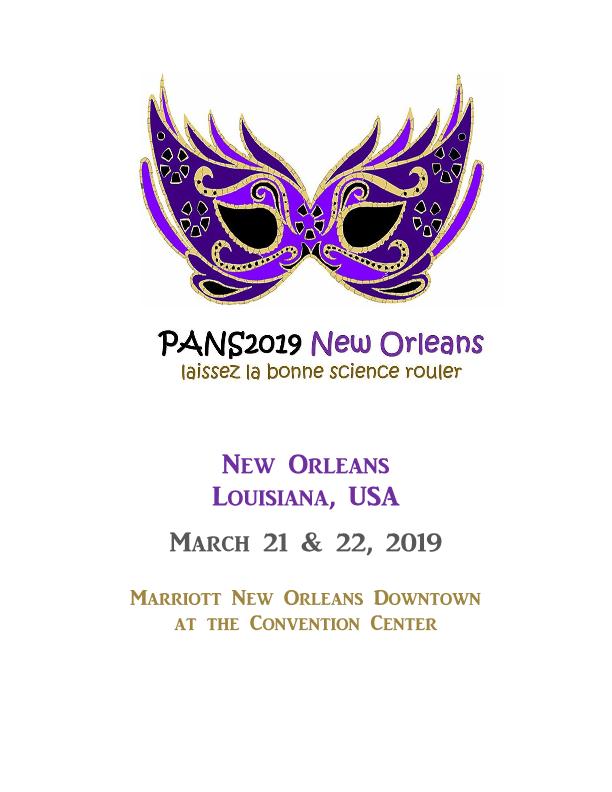Mostrar el registro sencillo del ítem
dc.contributor.author
Saravia, Flavia Eugenia

dc.date.available
2021-06-11T18:22:53Z
dc.date.issued
2019
dc.identifier.citation
Neuroinflammation and aging: focus on experimental Alzheimer´s disease; Pan American Neuroendocrine Society: laissez la bonne science rouler; New Orleans; Estados Unidos; 2019; 33-33
dc.identifier.uri
http://hdl.handle.net/11336/133720
dc.description.abstract
The incidence of metabolic disorders including obesity, diabetes and metabolic syndrome have seriously increased in the last decades. These diseases - with growing impact in modern societies - constitute major risk factors for neurodegenerative disorders such as Alzheimer´s disease (AD), sharing insulin resistance, inflammation and associated cognitive impairment. The dentate gyrus of the hippocampus- a neurogenic area associated with memory and learning processes- is a recognized target for diabetic alterations and neurodegeneration. We explored the hippocampal neurogenesis and its microenvironment (microglia, astrocytes, vascularisation and glucocorticoid influence) in different dysmetabolic scenarios provided by spontaneous or induced experimental models. We found astrogliosis, reactive microglia, and reduced vascular arborization in association with cognitive impairment and lower or disturbed neurogenic ability, even in young animals. These phenomena were accompanied by a insulin-resistant state in the hippocampus, an impaired response to insulin. In the context of Alzheimer´s disease (AD), hippocampal alterations have been well described in advanced stages of the pathology, when amyloid deposition, inflammation and glial activation occur, but less attention has been directed to studying early stages. The neurogenic capability, measured as DCX+ cells, was strongly diminished and associated to alterations in cell maturity in a transgenic mouse model of AD, at early stages, when no amyloid deposits are present. Microglia already exhibited mostly intermediate and ameboid morphology-suggestive of activated state-and less corresponding to the ramified phenotype. Microglia, is able to sense pathogens and but also react against metabolic insults through phagocytosis and the release of cytokines. A chronic microglia stimulation may contribute to a persistent inflammation that can precede the neurodegenerative process.
dc.format
application/pdf
dc.language.iso
eng
dc.publisher
Pan American Neuroendocrine Society
dc.rights
info:eu-repo/semantics/openAccess
dc.rights.uri
https://creativecommons.org/licenses/by-nc-sa/2.5/ar/
dc.subject
BRAIN AGING
dc.subject
ALZHEIMER'S DISEASE
dc.subject
MICROGLIA
dc.subject
AUTOPHAGY
dc.subject.classification
Neurociencias

dc.subject.classification
Medicina Básica

dc.subject.classification
CIENCIAS MÉDICAS Y DE LA SALUD

dc.title
Neuroinflammation and aging: focus on experimental Alzheimer´s disease
dc.type
info:eu-repo/semantics/publishedVersion
dc.type
info:eu-repo/semantics/conferenceObject
dc.type
info:ar-repo/semantics/documento de conferencia
dc.date.updated
2021-06-02T17:51:09Z
dc.journal.pagination
33-33
dc.journal.pais
Estados Unidos

dc.journal.ciudad
New Orleans
dc.description.fil
Fil: Saravia, Flavia Eugenia.
dc.relation.alternativeid
info:eu-repo/semantics/altIdentifier/url/https://paneuroendo.org/pans2019-archived/
dc.conicet.rol
Autor

dc.coverage
Internacional
dc.type.subtype
Reunión
dc.description.nombreEvento
Pan American Neuroendocrine Society: laissez la bonne science rouler
dc.date.evento
2019-03-21
dc.description.ciudadEvento
New Orleans
dc.description.paisEvento
Estados Unidos

dc.type.publicacion
Journal
dc.description.institucionOrganizadora
Pan American Neuroendocrine Society
dc.source.revista
Program PANS meeting
dc.date.eventoHasta
2019-03-22
dc.type
Reunión
Archivos asociados
